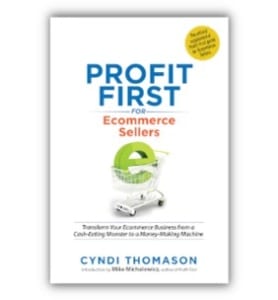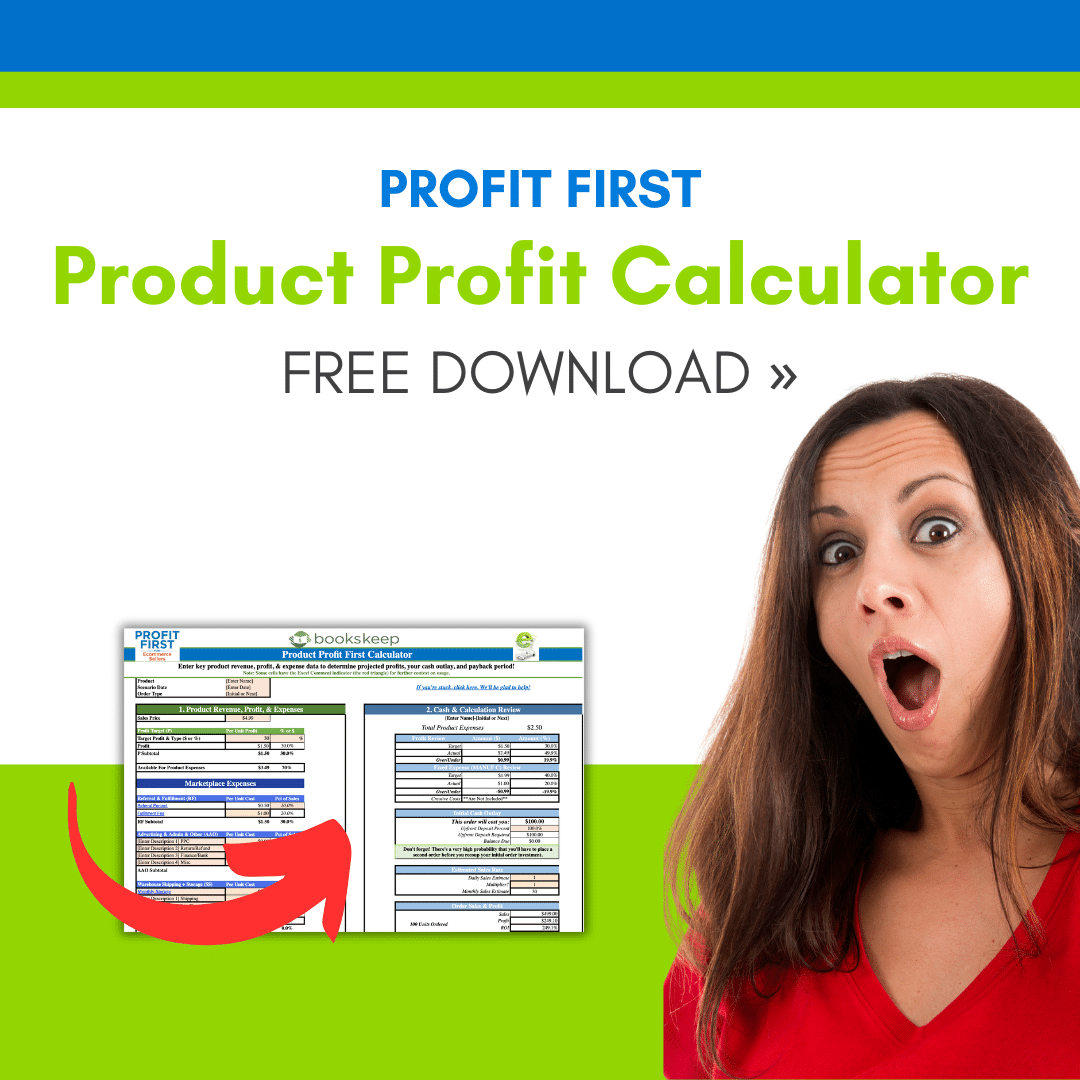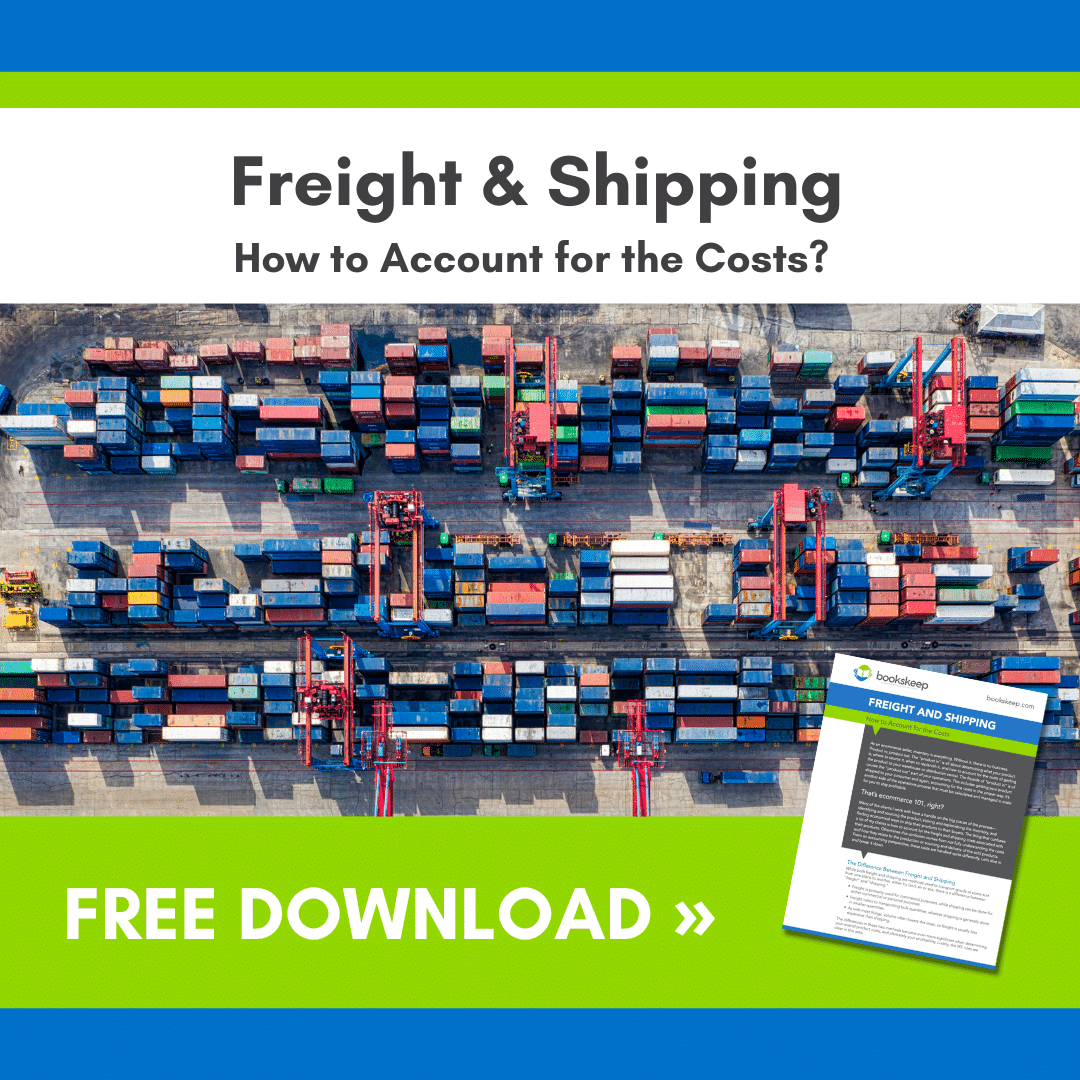
As an ecommerce business owner, the end of the year can feel like a whirlwind. With holiday sales and planning for the new year, tax season might be the last thing on your mind. However, tackling tax prep now can save you stress later and ensure you start the new year on solid financial footing.
To make it manageable, we’ve outlined five simple steps to help you approach tax season with confidence—without overwhelming your holiday to-do list.
Step 1: Organize Your Inventory
Inventory documentation is key to accurate financial reporting. Here’s how to get started:
- Download your Amazon Inventory and Location (IL) report or other platform-specific inventory reports.
- Record the value of any prepayments or items in transit.
- Conduct a physical inventory count in your warehouse or storage area to confirm accuracy.
Step 2: Wrap Up Your Books
Ensure your financial records are complete before diving into the new year:
- Finalize any outstanding coding or reconciliations in your accounting system.
- Review all accounts to make sure everything is in order and ready for your accountant.
Step 3: Review Your Financial Statements
Your Profit and Loss (P&L) statement and Balance Sheet offer a snapshot of your business’s financial health. Here’s what to check:
- Do your inventory values align with your physical counts and reports?
- Compare current figures to last year’s; address any discrepancies or unusual trends.
- Ensure all data reflects the reality of your business operations.
Step 4: File Your 1099s
Don’t let deadlines sneak up on you!
- Work with your bookkeeper or CPA to file 1099 forms by January 31, 2024.
- Consider online filing tools like Track1099 for a quick and convenient solution.
Step 5: Provide Documents to Your Accountant
Gather everything your accountant will need to finalize your tax return:
- Organized financial statements.
- Supporting documentation, such as inventory reports and transaction records.
- Your completed 1099 filings.
Why Start Early?
By breaking these tasks into smaller steps and spreading them over the next few weeks, you’ll not only minimize stress but also set yourself up for success. Your tax season will run smoother, your CPA will thank you, and you’ll have peace of mind knowing your books are in order.
Getting a head start now also lays the groundwork for a strong year-end close, making it easier to focus on growing your business in 2024. Start now and make this tax season the easiest one yet!
Interested in Profit First?

You can also sign up for the Profit First for Ecommerce Sellers Online Course. As a Mastery Level, Certified Profit First Professional, I will teach you why Profit First works so well for ecommerce businesses and the particular challenges for businesses that have physical products requiring inventory management. You will learn how your behavior drives your money management habits for your business and how you can set up your business bank accounts to work with your habits.
Check out all our ecommerce accounting and profit advising services here!




Leave a Comment